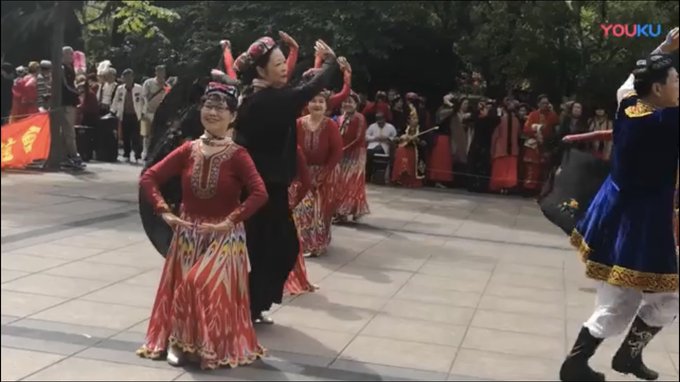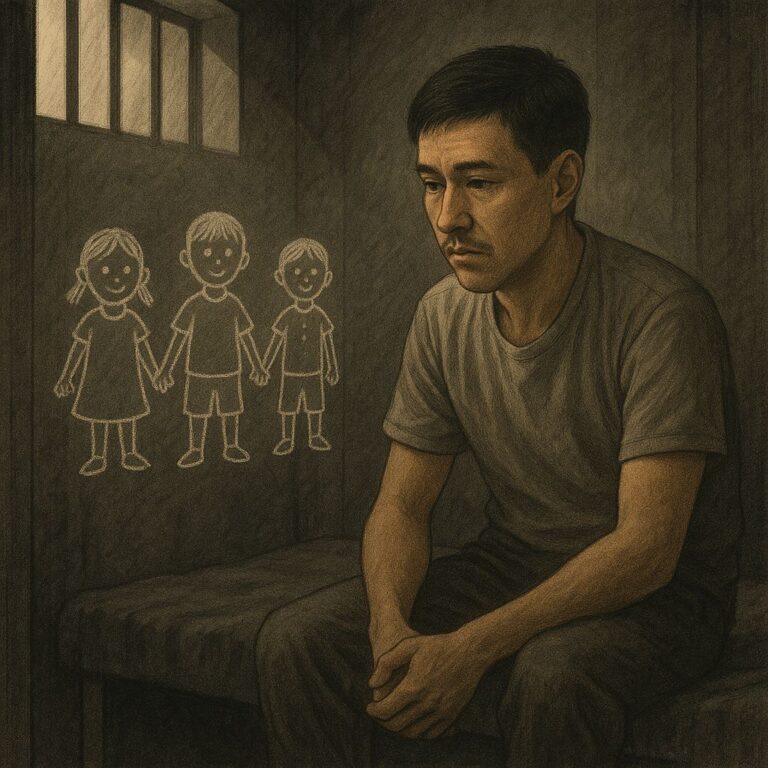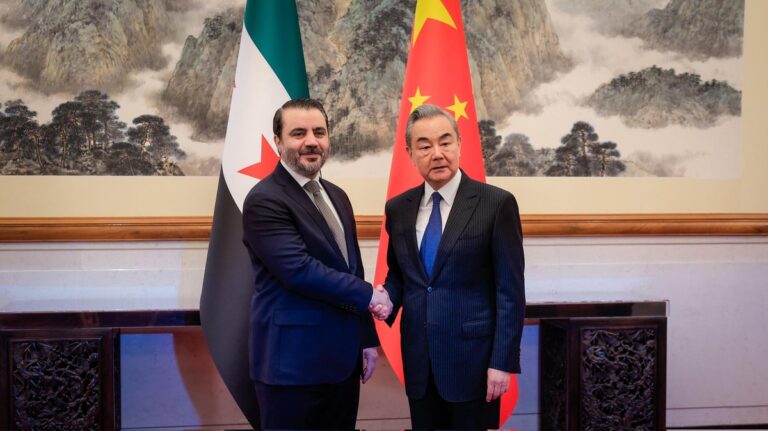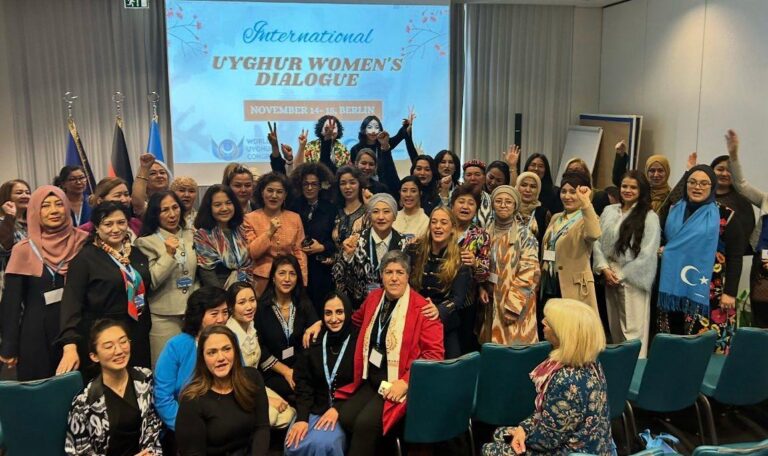
Image: pixabay.com
By Kok Bayraq (first published in Taipei Times)
The world community has just seen an election victory with more than 90 percent of the vote under a dictatorial regime, but Dolqun Isa’s large election win was for a good reason.
The World Uyghur Congress’ (WUC) 7th General Assembly was held in Prague, Czech Republic, from Nov. 12 to Nov. 14.
The WUC was formed in exile to re-establish the independent state in East Turkestan — officially called Xinjiang Uyghur Autonomous Region by China.
At that meeting, Isa was re-elected to the presidency. He was the only candidate, and before the vote, another well-known Uighur advocate, Abduwali Ayup, said: “Are we living in China? Is this the election of the Chinese Communist Party or its puppet the People’s Congress? How can we hold an election with a single nominee? I will be the other candidate for the presidency.”
The protest was welcomed by some delegates with applause.
At that meeting, Isa announced that he would welcome any competitor at any time. Yet, after a short discussion, the Election Commission ruled in favor of a single candidate.
“Dolqun Isa continues as the sole candidate because our election charter has a deadline for delegates to nominate themselves,” the commission said.
“If we accept other candidates at this time, it would be a breach of our election rules, making our organization’s rules and regulations akin to the constitution of the People’s Republic of China — nothing more than paper. The delegates will have the right to not elect Isa and if he does not receive more than 50 percent of the vote, we will have to consider other candidates,” it said.
The announcement of a single candidate satisfied the delegates, and the controversy subsided. Ballots were cast, with 204 Uighur delegates from 25 countries voting. Isa was elected to the presidency with 198 votes, or 97 percent.
Although Isa was among those who mocked Chinese President Xi Jinping’s (習近平) election “victory” with 99 percent of the votes, he was not uncomfortable with his own results, because he did not imprison his opponents before the election, and he did not bring delegates to the ballot box by force or through payment.
Uighur students in Urumqi have held two demonstrations against tyranny, in 1985 and 1988. Isa was a participant in the first and the leader of the second. He was expelled from Xinjiang University and labeled a “terrorist” by the government. However, he was charged with separatism because the title of “terrorist” was rarely used at that time.
When Isa was first proclaimed a terrorist by China in 2003, I said to him: “Congratulations on your wonderful new label!”
“Don’t joke about this matter,” he said. “This is one of the ugliest labels in the world. It could cause more trouble in my activities, especially if it hurts the interest of the Uighur people.”
I had to disagree.
“I believe that this ‘brand’ will bring you quick success because it is being given by the evilest power in the world — the communist Chinese state,” I said. “So, whether you accept it or not, I congratulate you, my ‘terrorist’ friend!”
Since then, the red notice issued by international police in response to China’s demand has caused many troubles for Isa. He has been expelled 14 times from several countries, including Italy, South Korea and Turkey, where he was sometimes detained for days. He has also been evicted from dozens of international conferences, some of which were held by the UN.
Additionally, his mother died in a camp; he learned of his father’s death a year after it happened; and his younger brother received life sentences over retaliation.
All his family tragedies were confirmed by independent media, but Isa did not give up his activism, but continued to be the voice of an oppressed people. His expulsions from every country put his name and his people’s case on the front pages of newspapers.
Some anonymous meetings have brought him more fame and had a greater effect because of his status, and the tragic consequences of his family members have shed light on the fate of more than 3 million Uighurs in concentration camps in East Turkestan today.
Some UN figures, such as UN Secretary-General Antonio Guterres, have reportedly sought to gain or seek Chinese protection by blocking him from UN forums. It can be said that the UN and the Chinese leaders have traded on his name.
Although I was saddened to hear of this weakness in the UN body, I was proud of the strength and value of this “terrorist” friend of mine!
Isa’s journey of expulsion started 36 years ago, and each expulsion has placed him deeper into the hearts of his people. Being blacklisted by the most powerful, tyrannical regime in the world for 36 years and constantly working against it is a key factor in Isa’s 97 percent victory.
Although the vast majority of the Uighur population is in East Turkestan, there are more than 2 million Uighurs in exile. Within the WUC leadership, there are doctors and professors, such as Erkin Ekrem, who has been working in think tanks as an Asia and Far East specialist; mature diplomats, like Omer Kanat, who played an important role in making the US Congress aware of the Uighur genocide; and comedian Ablimit Tursun, who is widely known among Uighurs and has also been blacklisted by China as a terrorist.
Most of these prominent activists were united in supporting Isa’s single candidacy and unanimously accepted the election result. They believed that focusing on internationalizing the Uighur cause and stopping the genocide needs to be the primary goal, and they should avoid unnecessary internal disputes. In terms of size and method, the WUC election can be compared to smaller countries’ democratic elections.
There is another lesson to be learned from the WUC election. In a democratic election, a candidate might garner more than 90 percent vote if the people holding election are extremely oppressed, especially in a period of ongoing genocide.
Kok Bayraq is a Uyghur American.






